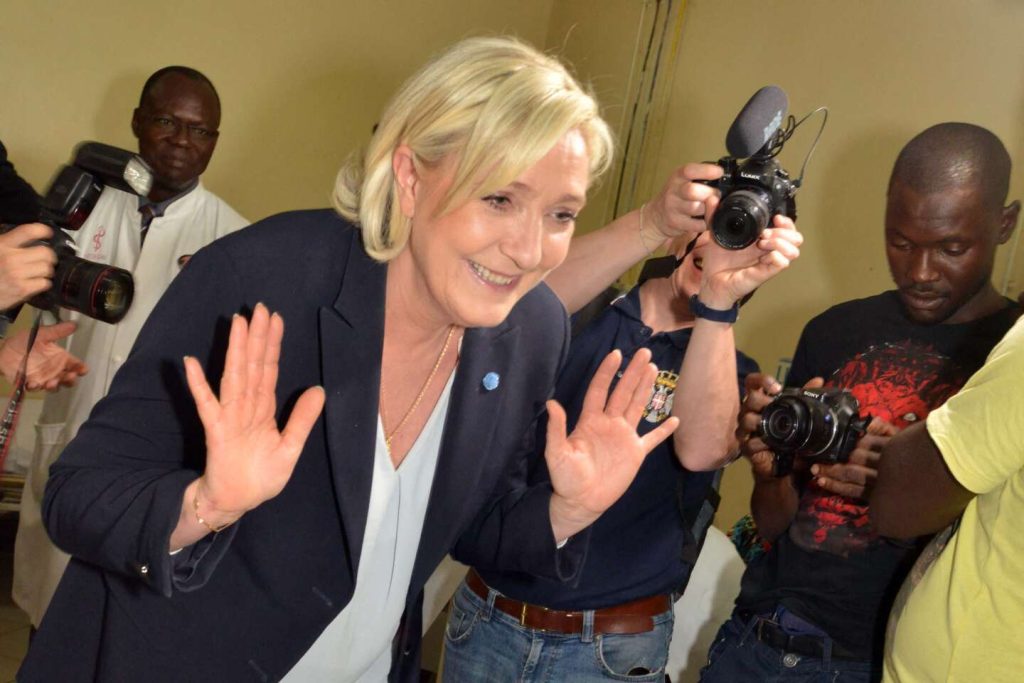African leaders have remained relatively quiet in response to the rise of the far right in France following the European elections on June 9, where the National Rally (RN) came out on top with 31.4% of the votes and the dissolution of the National Assembly in Paris. The upcoming legislative elections on July 7 in Francophone Africa are being awaited without much anticipation. There has been a shift in the perception of Paris as the central point of African relations, with the new generation no longer considering France as the guide for their existence.
Leaders like Ousmane Sonko, the leader of the Pastef party in Senegal, have expressed a closer affiliation with France Insoumise (LFI) and its founder, Jean-Luc Mélenchon, advocating for sovereignty and an end to neocolonialism in foreign policy. While some like former President Macky Sall took Marine Le Pen seriously, others view the possibility of Jordan Bardella leading the French government as a non-issue. The far-right party, expanding its influence in Africa, has seen support from some African countries while French diplomacy loses its impact.
In countries like Chad and Djibouti, where French military presence is significant, the potential rise of the far right in France does not seem to have a major impact on existing relationships. Despite the shifts in European politics, African countries are prepared to adapt to the changing landscape without much concern. The rise of nationalism in Europe is seen as an opportunity for African nations to focus on their own sovereignty and diversify their partnerships.
The tension between France and several African countries has been exacerbated by France’s visa policies, seen as restrictive and discriminatory by many in Africa. The far-right party’s promise to further tighten entry rules into France raises concerns about potential reciprocal measures in African countries. In Côte d’Ivoire, a close ally of France in West Africa, the potential implications of aligning with far-right leaders in France are being considered, with concerns about the impact on local relations and politics.
Some in Burkina Faso see the rise of the far right in Europe as potentially beneficial for Africa, as it could lead to a reevaluation of partnerships and a shift towards greater sovereignty. This shift towards nationalism in Europe coincides with an evolving Africa, where countries are increasingly asserting their independence in choosing partners. The changing dynamics of relationships between Europe and Africa could lead to a new chapter in their interactions, with implications for visa policies and political alignments.


